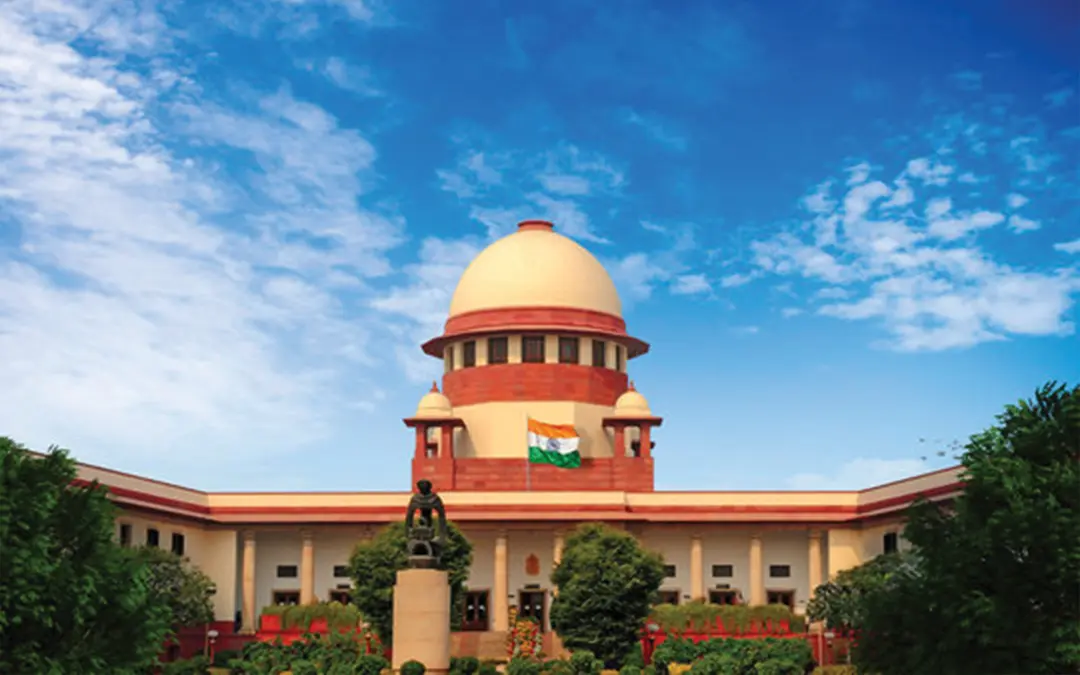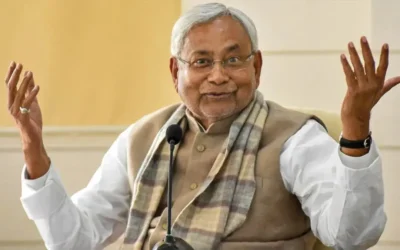The Supreme Court of India today delivered its unanimous advisory opinion on the Presidential Reference concerning the constitutional authority of courts to prescribe timelines for Governors and the President when dealing with state bills.
The verdict clarifies the delicate balance of power between the Judiciary and the Executive/Governors, stemming from a previous ruling in the Tamil Nadu Governor case which had set deadlines for the Governor’s assent.
Supreme Court’s Key Rulings
The five-judge Constitution Bench, in its opinion, addressed the 14 questions referred by the President under Article 143 (Advisory Jurisdiction), leading to the following crucial findings:
- No Fixed Timelines: The Court ruled that constitutional courts cannot impose fixed timelines on the President or Governors for granting assent to Bills under Articles 200 and 201 of the Constitution. Imposing such deadlines would violate the doctrine of separation of powers and the “elasticity” the Constitution intended for these offices.
- “Deemed Assent” Rejected: The Court firmly held that the concept of granting “deemed assent” to a Bill if a deadline is missed is alien to the Constitution and amounts to an “usurpation” of the constitutional powers vested in the Governor or the President.
- Governors Cannot Sit Indefinitely: While timelines cannot be fixed, the Court clarified that Governors cannot indefinitely withhold assent to Bills, which would thwart the will of the state legislature. Governors must engage in “dialogue and cooperation instead of obstructionism.”
- Limited Judicial Review: The Court can exercise a limited power of judicial review in cases of prolonged, unexplained, or indefinite delay. In such circumstances, the court can direct the Governor to take a decision within a “reasonable time,” but it cannot dictate what that decision must be (i.e., it cannot ask the Governor to grant assent).
Context of the Presidential Reference
The issue was triggered by a two-judge Bench judgment in the Tamil Nadu Governor case in April 2025. In that ruling, the Supreme Court had:
- Set specific time limits for the Governor and President to act on state Bills.
- Used its inherent power under Article 142 to grant “deemed assent” to 10 Bills due to the Governor’s prolonged delay.
The Presidential Reference was subsequently made to seek constitutional clarity, questioning whether the judiciary could set a timeline when the Constitution itself is silent on the matter. The Constitution Bench has now overturned the part of the Tamil Nadu ruling that fixed deadlines and granted deemed assent.
Discover more empowering stories and insightful content like this on YOUxTalks, your go-to destination for inspiration and knowledge.
Follow YOUxTalks on Instagram: https://www.instagram.com/youxtalks











